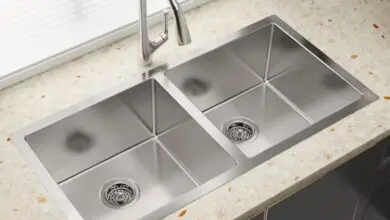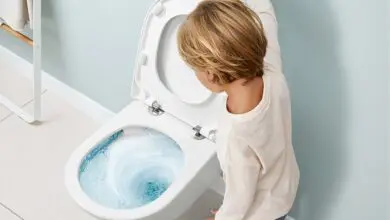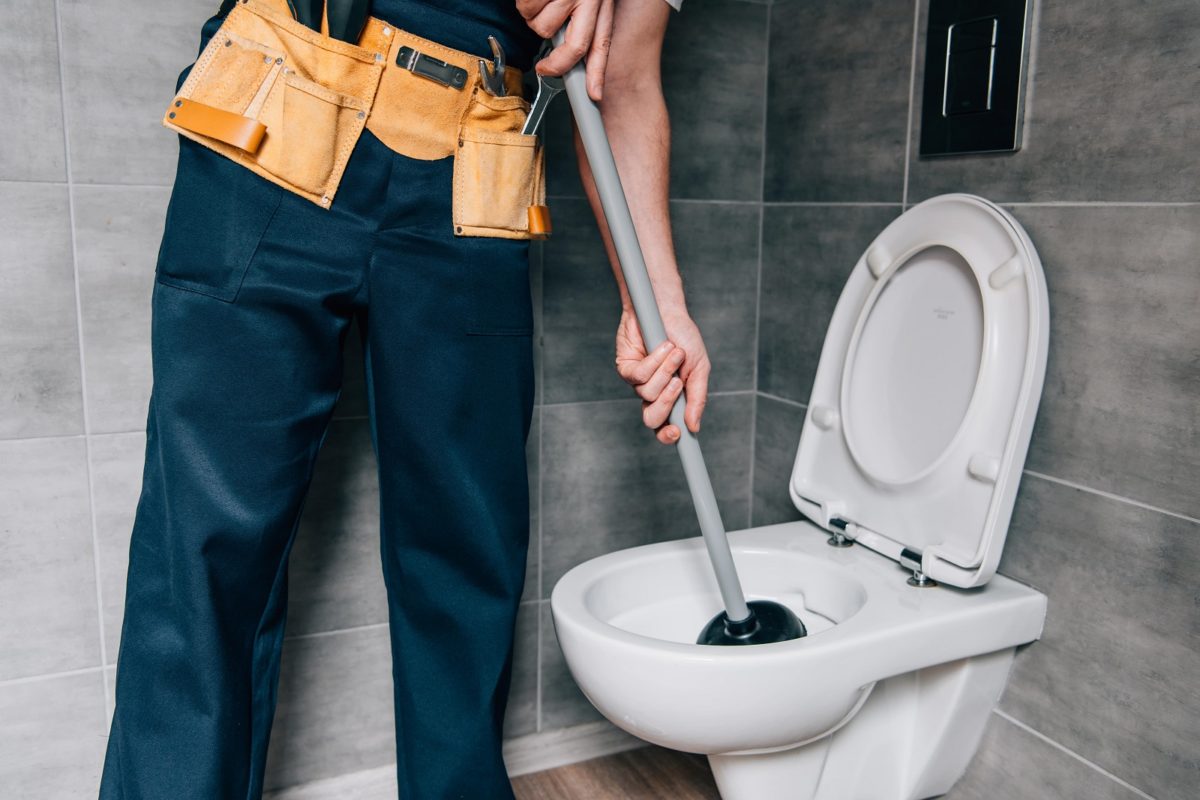
An overflow of raw sewage can be both unpleasant and hazardous to health, with potentially deadly pathogens present that could infiltrate through and spread disease if directly exposed.
Basement floor drains typically back up due to clogging in the house drain. This often happens after heavy rainfall and could be due to food, paper, grease, or other debris entering the drain system.
Continue reading to learn everything you need to know about fixing a sewer backup in your basement. If you don’t feel comfortable fixing the issue by yourself, you can click here to reach out to professional plumbers that are happy to help get your basement back to normal.
Turn Off the Water
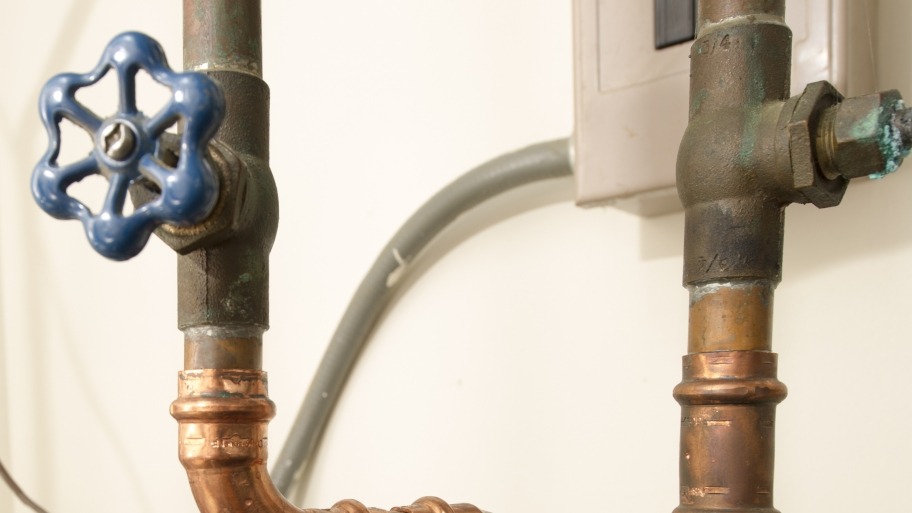
When you discover sewage in your basement, the first thing to do is switch off all water sources – this will prevent toilets from overflowing and stop further sewage from entering your home.
Sewage contains harmful bacteria and toxins that can pose serious health threats, particularly to children and seniors. For your protection, it’s vital that you wear personal protection gear such as face masks, goggles, and rubber gloves before beginning to clean up a mess.
Sewage backups often occur because of issues in city sewer lines. Heavy rainstorms can overwhelm these municipal systems and flood them out into private drain lines, or tree roots could pierce them, causing clogs that flood your basement with raw sewage. When this occurs, it is essential to call in professionals immediately as they will identify where the source of the obstruction lies and repair it quickly.
Turn Off the Power
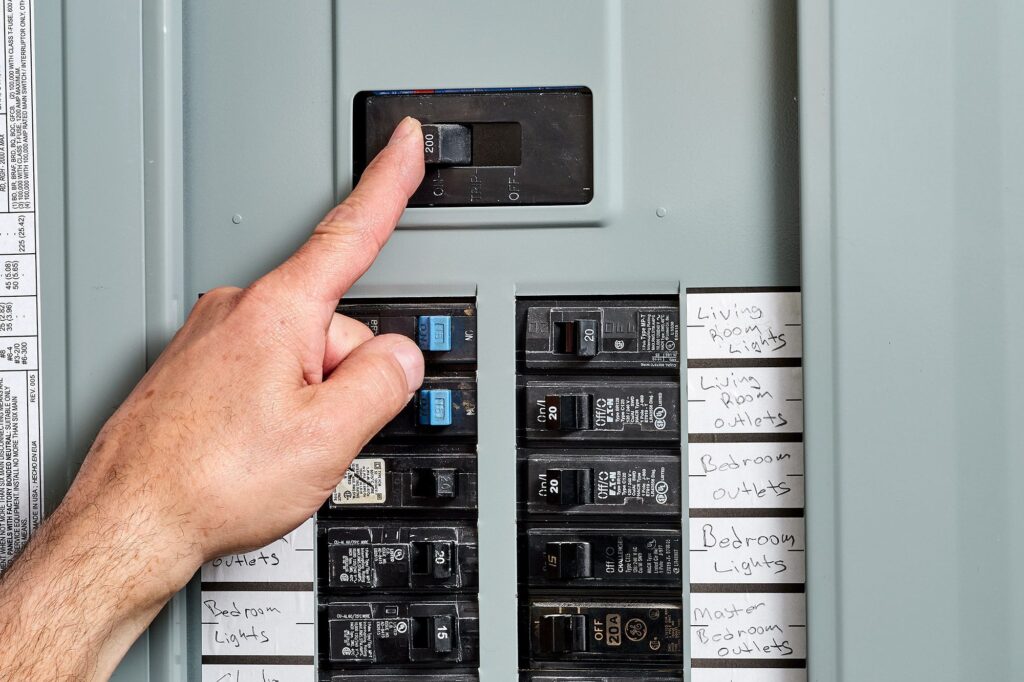
Sewage water can pose serious health hazards; even short exposure can result in dysentery, salmonellosis, hepatitis A, and other unpleasant diseases. Therefore, any time sewage backs up into your basement, it’s vital that swift action be taken immediately to protect both yourself and those nearby.
Start by turning off the power to your basement, if possible. If this is not an option, wear protective clothing and use a wet-dry vacuum or old towels to extract as much sewage from the space as possible.
As soon as the area becomes flooded, open as many windows as possible immediately to reduce humidity and treat it with chlorine bleach to provide an initial disinfectant barrier to help control sewage-borne bacteria spread and mold growth prevention.
Installing new plastic pipes could also help thwart future sewer backups – they’re more durable than their galvanized steel counterparts and last much longer!
Look for the Source of the Backup
Sewage contains harmful bacteria and viruses that can spread disease throughout your family and pets’ bodies, so it’s vital that they stay away from direct contact with raw sewage as much as possible.
Basements tend to be the first areas that experience sewage backup due to having the lowest drains in your home. This could be caused by overflowing the city sewer system during heavy rainfall or clogs in one or more of your drain lines.
Most clogs occur due to something flushed down the drain, such as food debris, toilet paper, hair or grease build-up, or other solid waste. To avoid clogs altogether and hire a professional plumber is usually best.
They will inspect your lines to ensure everything is functioning smoothly and address any problems; they’ll also teach you how to prevent future clogs.
Call a Professional
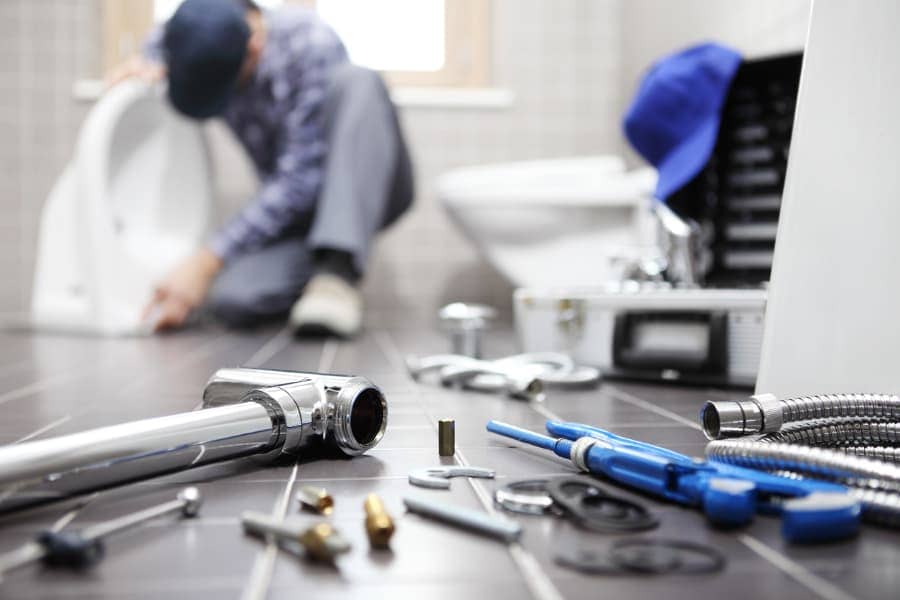
If your basement has water or sewage backing up into it, immediately contact a licensed plumber.
A sewage backup can not only be an inconvenience but potentially dangerous to your family’s health; its bacteria can lead to infections as well as asthmatic attacks or allergies becoming sick from breathing contaminated air. It also creates the perfect environment for mold growth that poses health threats.
Remind yourself that a clog or pipe defect could be located far from its initial point of clogging or backing up, for example, in your basement floor drains or house trap. That’s because, under pressure, water seeks the easiest and lowest path out – look out for signs such as gurgling noises in toilets and slow-draining showers, as these could indicate serious sewer issues.
If you maybe have a trenchless sewer line and need a repair, worry not because we’ve got you covered!


